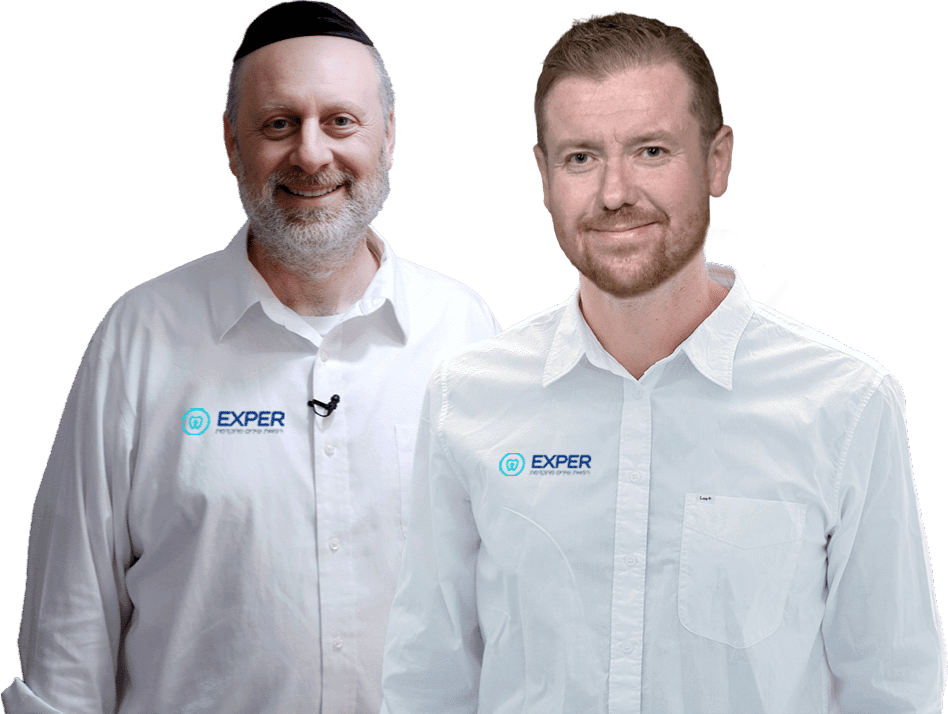What oral rehabilitation (mouth restoration) methods are available?
There are quite a few, depending upon the problem and the extent of the damage. The techniques differ in terms of both their implementation and the materials that are used.
Fillings
Fillings are the most common and well-known restoration procedure. Here, the tooth’s structure is basically intact and healthy, just a hole has developed, due to decay somewhere in the tooth’s upper half, usually in the top surface, where the tooth, during chewing, has the most contact with food. The dentist drills in order to remove all of the decay in the bone. Once the hole is completely cleansed of decay, he inserts filler into the hole. This filler material initially is soft but quickly hardens right there in the office while the patient is still lying on the dentist’s chair. The dentist choses the filler material that is the most appropriate. The treatment takes only one visit to his office and often it is completed without need for anesthesia.
Crowns
A crown is required in cases of extensive decay, noticeable unaesthetic changes in a tooth’s appearance or significant damage to its structure, such as where there is breakage or a severe crack. The crown is an exact artificial replica of a natural, healthy top of a tooth. First the tooth in question is ground down and shaved to make it a suitable support for the crown, which is attached by means of glue. Sometimes a crown is affixed on top of an implant. Crowns are made of alloys of metals such as porcelain or zirconia.
We use the highest quality materials for our patient. The use of zirconia creates aesthetic perfection and a natural look, including a very high level of durability.
Bridges and Implants
There are several restoration methods for where a tooth is completely missing
Bridge – 3 connected crowns are mounted on top of 2 existing teeth that surround the space.
Implant – Insertion that will act as a root to support a crown. Unlike a bridge that is supported by natural teeth, the implant is independent and does not require the shaving of adjacent teeth. The chewing load is naturally dispersed. Today, transplantation is a safe and stable solution.
Porcelain Veneers
Porcelain veneers have become very popular in recent years, as a way to enable a person to again smile a broad, beautiful smile, where previously, due to damaged or discolored teeth, he had been embarrassed to smile broadly. Veneers are thin plates that cover the outer and cutting side of front teeth. Compared to other types of restorations, veneers are harder to notice, for they exactly duplicate the natural color and shape of the tooth. Veneers are extremely durable, too. In no way do they change or deteriorate over time. Also, unlike with crowns, there is no need for shaving the tooth.
Come to our clinic for a free consultation and examination with our expert staff.
Receive a professional, personalized care and an effective plan for treating your problem.

